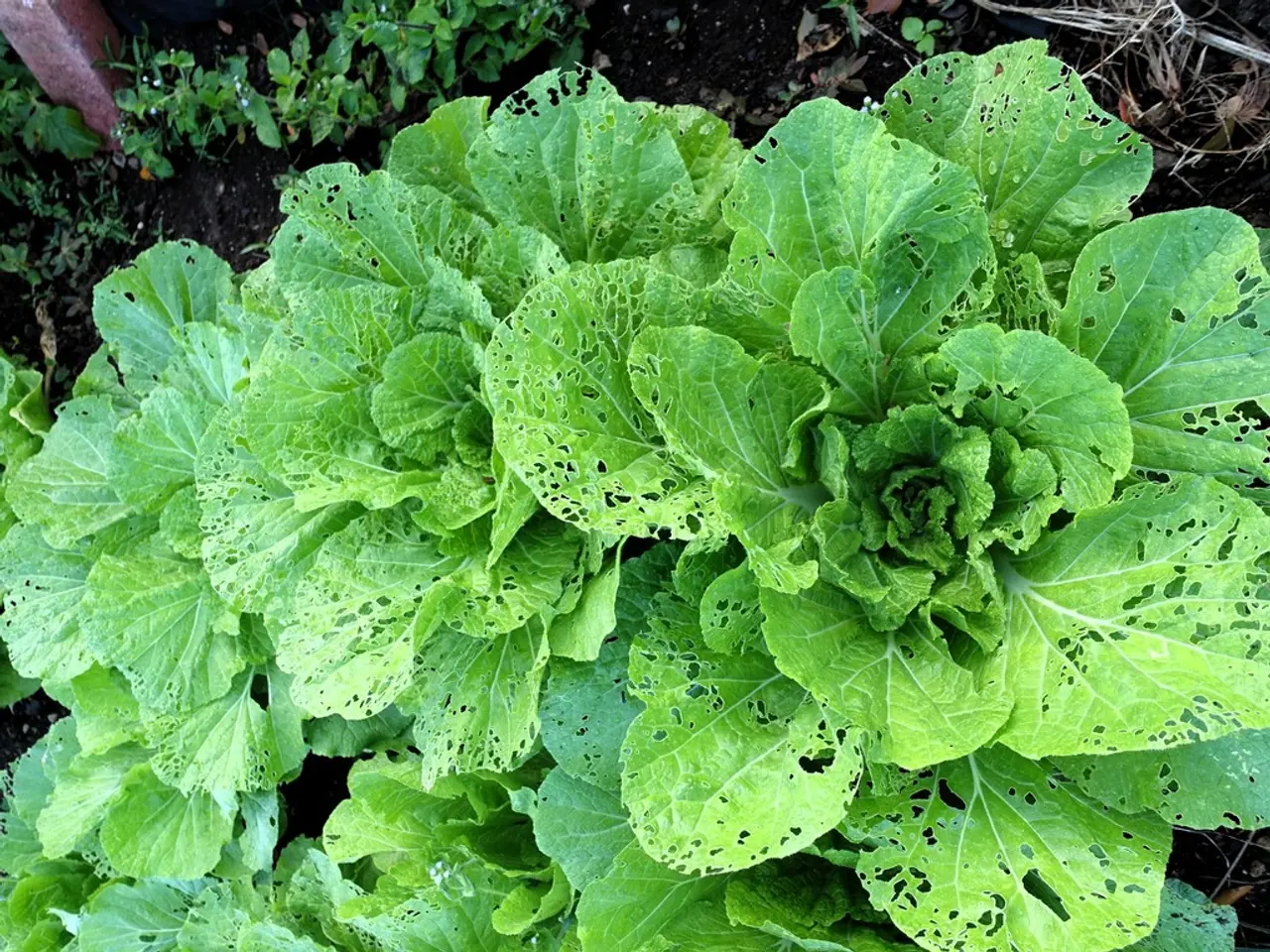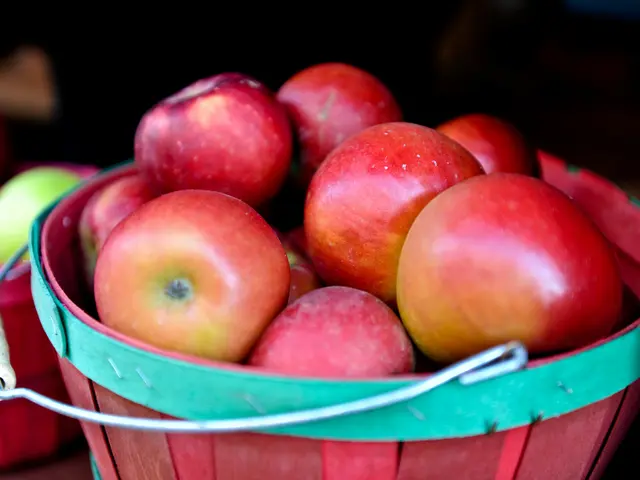Meet Camerina Rabha: High School Teacher Turned Successful Vanilla Farmer
Meet Camerina Rabha, a dedicated high school educator from Goalpara, Assam, who has turned her passion into a thriving vanilla cultivation venture. Starting with a single sapling from Meghalaya, she now nurtures a flourishing plantation, proving that vanilla farming can be a profitable and flexible livelihood for women.
Vanilla, renowned for its rich, sweet aroma, is a staple in various desserts like cakes and ice creams. Camerina's journey began with a single sapling, which she nurtured using kitchen and farm waste, along with cocopeat, for fertilization. She also protects her plantation with shade nets to ensure optimal growth.
Camerina's hard work has paid off, with her vanilla plants producing over 1,000 cuttings and up to 2 kg of beans annually from the third year onward. These cuttings can be sold for Rs 150-Rs 200 each, creating an additional income stream. Moreover, she exports green beans to Meghalaya, fetching Rs 1,000 to Rs 1,800 per kg.
Hand pollination is crucial for vanilla plants due to the declining population of Mellipona bees. Camerina diligently pollinates 5-6 out of 12 buds to ensure the production of Grade A vanilla beans, measuring over 7 inches in size. Her dedication has been supported by the United Nations Development Programme (UNDP), which helped her establish her vanilla farm.
Camerina Rabha's success in vanilla cultivation serves as an inspiration for women seeking flexible yet profitable livelihoods. Despite market barriers such as limited local demand and infrastructure, she receives Rs 20,000 per kg for mature vanilla beans. With proper care and management, vanilla farming can thrive in well-drained, organically rich upland soils, providing a sustainable income and contributing to the local economy.






